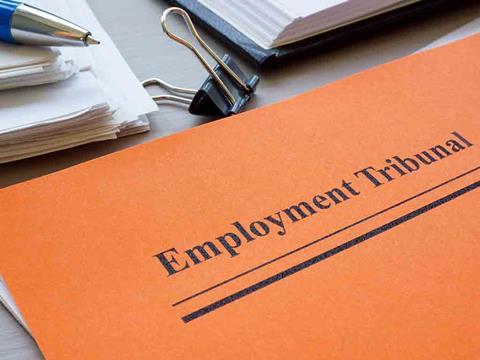
A total of 164 employment tribunal claims involved employees with long Covid in 2024, up from 144 in 2023 and 88 in 2022, according to law firm Nockolds.
It analysed data obtained from HM Courts and Tribunal Service and found that employment tribunal claims relating to long Covid have surged due to employers struggling to manage workplace sickness and pressure on long-term absentees to return to work.
It stated that this could result in a rise of disability discrimination claims, or employers dismissing staff if they conclude that they are unable to return to work, which could amount to unfair dismissal.
According to Nockolds, it is likely that increasing numbers of employees with long Covid will have been intermittently absent from work for months or years. Its report suggested that employers should consider occupational health assessments for staff who are signed off work with long Covid to help them understand their needs, manage their workload and undertake a phased return to partial or full duties.
It added that if an employee with long Covid does not respond positively to an occupational health assessment and their condition persists, employers can then look to dismiss them on capability grounds.
Joanna Sutton, principal associate at Nockolds, said: “There is a lot of misunderstanding about long Covid, as well as a lot that is not known about it, which can make it harder for HR teams to manage than other chronic health conditions. They can find themselves walking a tightrope when dealing with long Covid. If they put too much pressure on staff to return to work, they can face disability discrimination claims. If, on the other hand, employees with long Covid are dismissed on the grounds of capability through ill health, that can trigger unfair dismissal claims.
“Part of the problem is that whether a condition has a ‘substantial and long term adverse effect’ on an individual in order to be classed as a disability will differ from person to person, and so whether the impact is significant enough to amount to a disability can only be determined on a case by case basis. Getting one of these steps wrong can be sufficient grounds for an tribunal to make a finding of unfair dismissal.”











